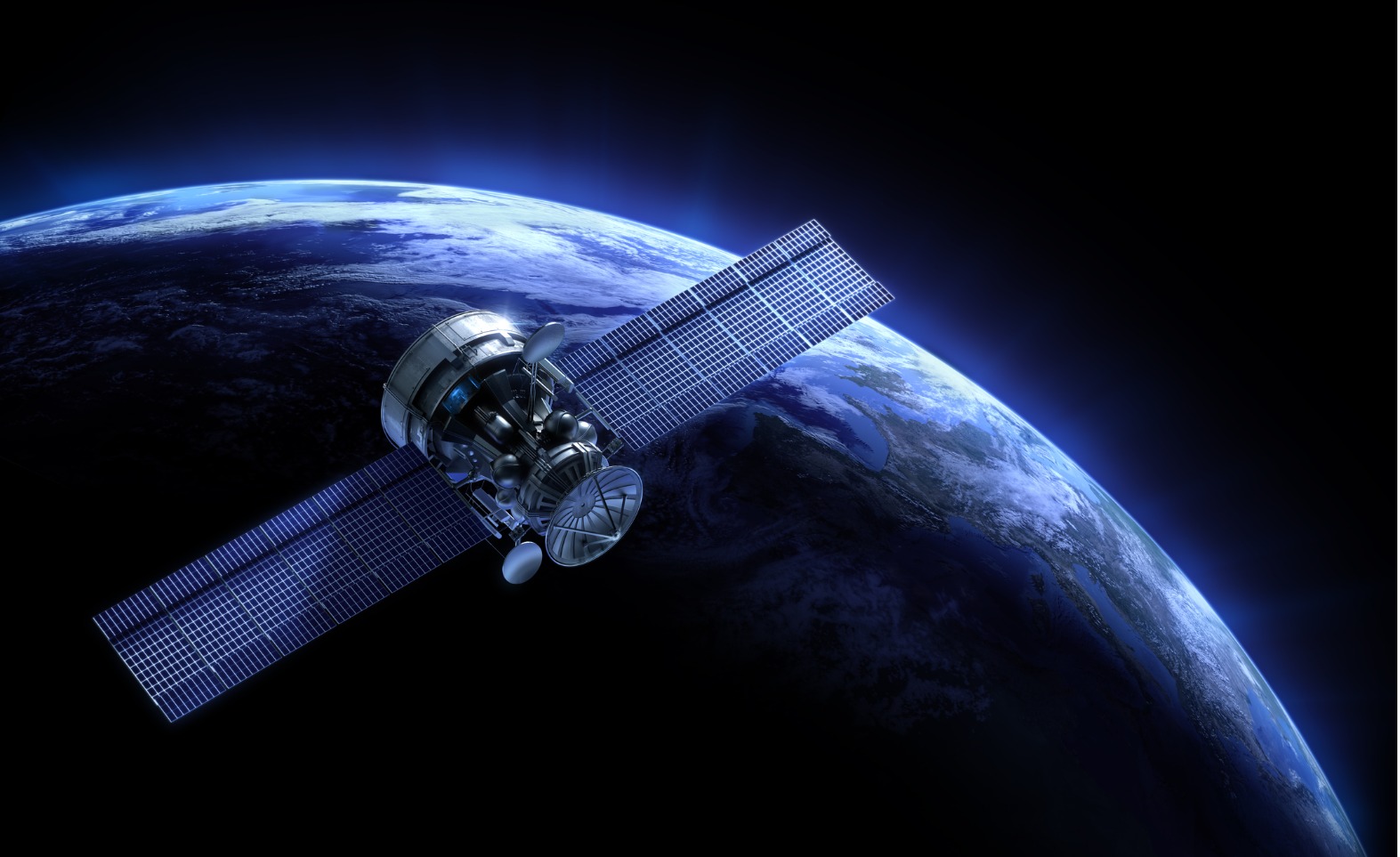
December 3, 2024
The summit projected bilateral trade in geospatial and space technologies to grow from US$2.5 billion in 2024 to US$10 billion by 2030
India’s geospatial sector, valued at US$1.92 billion, was recognised as a global hub for cost-effective services
Hyderabad emerged as the world leader in geospatial data processing, underscoring its pivotal role in the sector
Integration of AI and ML with geospatial data is enabling advanced analyses to address global challenges

The 4th India-USA Space and Geospatial Business Summit, organised by the Geospatial World Chamber of Commerce in partnership with Geospatial World, underscored the transformative potential of technology, policy alignment, and advanced manufacturing. Bringing together government, industry, academia, and research leaders, the summit spotlighted innovation, economic growth, and sustainability within the geospatial and space sectors.
Projections indicated that bilateral trade in these technologies would surge from US$2.5 billion in 2024 to US$10 billion by 2030. Sanjay Kumar, CEO of Geospatial World, noted India’s emergence as a global hub for affordable geospatial services, attributing the sector’s rapid growth to its quality-driven approach and pandemic-era breakthroughs in innovation and cross-border collaboration. The partnership with the U.S., which spans key trade, defence, and healthcare sectors, was described as a cornerstone for advancing geospatial capabilities worldwide.
Jennifer Larson, U.S. Consul General in Hyderabad, highlighted the city’s unparalleled contributions to geospatial data processing and its role in joint space exploration initiatives. She pointed to integrating artificial intelligence and machine learning with geospatial technologies as a game-changer in addressing critical challenges like climate change and disaster management. Larson expressed optimism about the partnership’s trajectory, emphasising its potential to drive economic growth and solutions for global issues. She also anticipated significant visa facilitation and space collaboration advancements by the next summit.
Discussions delved into strategic areas, such as technology transfer and manufacturing, to fortify India’s global geospatial solution provider position. Dr Rajeev Jyoti, Director (Technical) at IN-SPACe, highlighted the NASA-ISRO SAR (NISAR) Mission as a testament to India-U.S. collaboration while acknowledging the growth potential in the Earth Observation (EO) industry, which is projected to reach US$8 billion globally.
Srikant Sastri, Chairman of the Geospatial Data Promotion & Development Committee (GDPDC), elaborated on the National Geospatial Policy 2022, which empowers private enterprises to innovate in spatial data management. He outlined ongoing efforts to modernise India’s mapping and data infrastructure, noting how such initiatives stimulate private sector demand and bolster bilateral trade.
The summit concluded with a call to action for enhanced research partnerships, streamlined technology transfer, and stronger networks among businesses, governments, and research institutions to accelerate geospatial and space-sector advancements globally.
Source: Economic Times